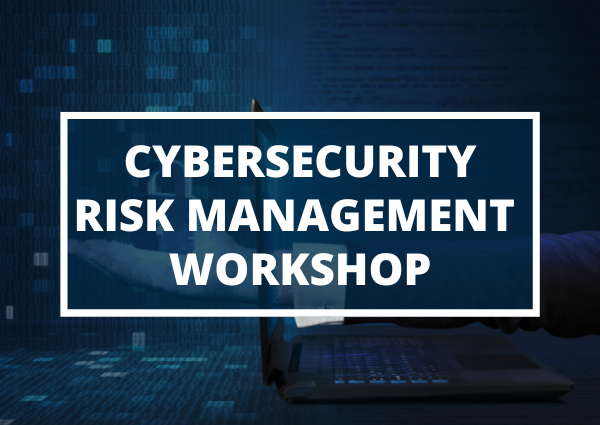The Often Overlooked Tool
An internal audit is an activity many people like to put on the backburner. While most of us would rather not do them, they are necessary for improving your business operations. By completing an internal audit, companies can assess their controls, improve their operations, and ensure regulatory compliance. Let’s dive into taking a closer look at internal audits and why you should do them.
What are Internal Audits?
Internal audits play a vital role in evaluating the performance of your Quality Management System. Internal auditing is the process of gathering evidence to see whether you are meeting the requirements of your quality standard. The internal audit will determine whether your criteria is being met and to what extent it is being fulfilled. The audit process uses an effective audit program to collect data objectively and independently in an impartial, unbiased manner.
Why Conduct ISO 9001 Internal Audits?
Performing internal audits gives employees specific areas to focus on for improvement. It shows deviations and provides the team with corrective actions to enhance performance. Top management should use the audit process to review and evaluate the effectiveness of their systems. It gives them a summary of what’s working and the information they need to initiate decisive action to achieve performance goals.
If an organization conducts the internal audit process in an effective manner, it can reap the benefits of process optimization.
An organization can conduct a process approach-based audit for implemented systems, or a result-oriented process audit on manufacturing or service processes. No matter the type, effective audits can add value to your organization and provide useful information to measure and monitor your business goals. With an effective internal auditing process, you can achieve sustainable growth and gain a competitive advantage.
Is Internal Auditor Training Right for Me?
Internal audits are one of the best activities you can do to drive improvements in your organization. It’s vital to have skilled internal auditors who can review your processes and records. Someone who can identify your strengths, weaknesses, and problems can help you determine your next steps to meet your objectives. However, your internal auditors must be properly trained and experienced if you want a worthwhile audit.
Some things to consider if you are leading the internal audit:
- Do you have the competence? If not, get properly trained. Choose an internal auditor training program that provides engaging and informative instruction. It should prepare you to do your job well. If you learn better in person than online, pick a training that meets your learning preferences. Bring a coworker or two. The more people who understand internal auditor training, the more support you’ll have back at the workplace.
- Once you discover important audit findings, do you know the appropriate corrective actions to move forward? If not, consider enrolling in training to improve your skills for leading your internal audit program from beginning to end.
Plan Your Training
Like many things in life, planning is the surest way to guarantee success. First, know when your next internal audit will be. Then find a time before your audit date to brush up on your auditor skills. As an internal auditor, it is your job to find ways to improve your organization. Start by getting properly trained and then build on the success of your key audit findings.





